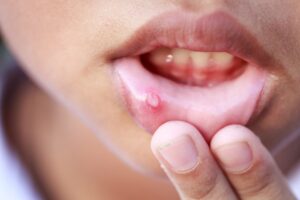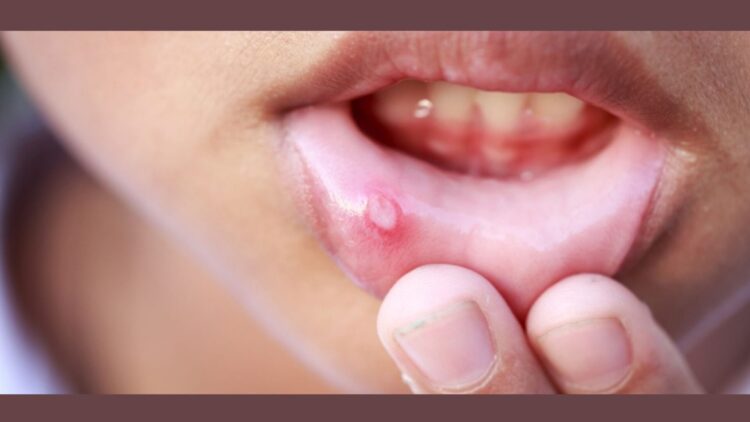Are your mouth-related symptoms seem out of the ordinary? Therefore, you should take these facts attentively.
Mouth cancer, also known as oral cancer, is a term used to describe cancer that begins in the mouth. According to the National Center for Biotechnology in Malaysia, oral cancer is quite frequent, with a reported 5-year survival rate of almost 50% after treatment with surgery and radiation, which is substantially lower than in most other nations.

Tobacco and alcohol are responsible for over 75% of mouth cancers.
Use of tobacco products including cigarettes, cigars, pipes, and chewing tobacco doubles the chance of contracting cancer compared to non-smokers. Those who consume alcohol are six times more likely to get mouth cancer than those who do not.

Other risk factors for developing mouth cancer include being over 40 years old; men are three times more likely than women to acquire mouth cancer; sun exposure; and being overweight or obese.
Symptoms of Mouth Cancer
The most common sites of mouth cancer are the lips, tongue and floor of the mouth, but it can develop in the gums, the inside lining of cheeks, roof of mouth, hard and soft palate, tonsils and salivary glands. The symptoms of mouth cancer may include;
- Ulcers that won’t heal
- Visible lump
- White or red patches on the mouth, tongue, or gums
- Trouble swallowing
- Impaired tongue mobility
- Loose teeth or sore gums
Spread of Mouth Cancer
The skin of the mouth, nose and throat are lined with flat, firm cells called squamous cells. These surface cells are the primary sites of most mouth malignancies. Without therapy, the cancer may go deeper, affecting the bone and muscles as well as the throat and lymph nodes in the neck. Early detection and treatment are crucial because mouth cancer can spread to other areas of the body if it enters the circulation or lymphatic system.
Prevention of Mouth Cancer
These are the ways you can reduce your risk of being diagnosed with mouth cancer;
- Stop smoking or chewing tobacco
- Reduce the amount of alcohol consumption
- Eat a healthy diet such as vegetables and fruits
- Use sun protection on your lips
- Do a regular check up with the dentist
Early detection is key to treating oral cancer, so if you notice any changes in your mouth, visit your dentist or doctor right away.
Stay safe and healthy.
Source: [1]
Follow us on Instagram, Facebook or Telegram for more updates and breaking news.








